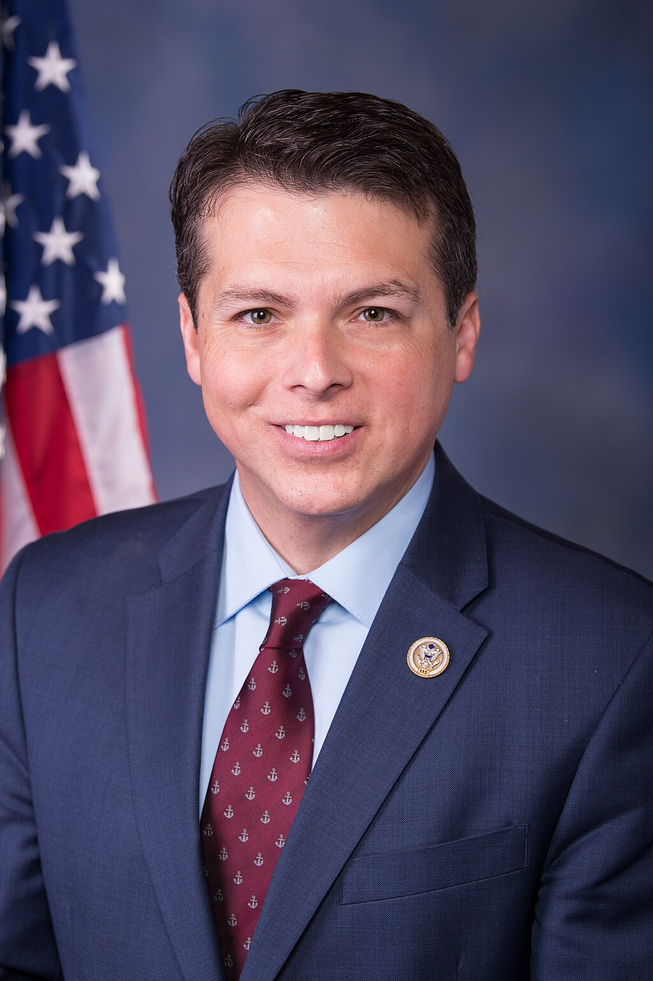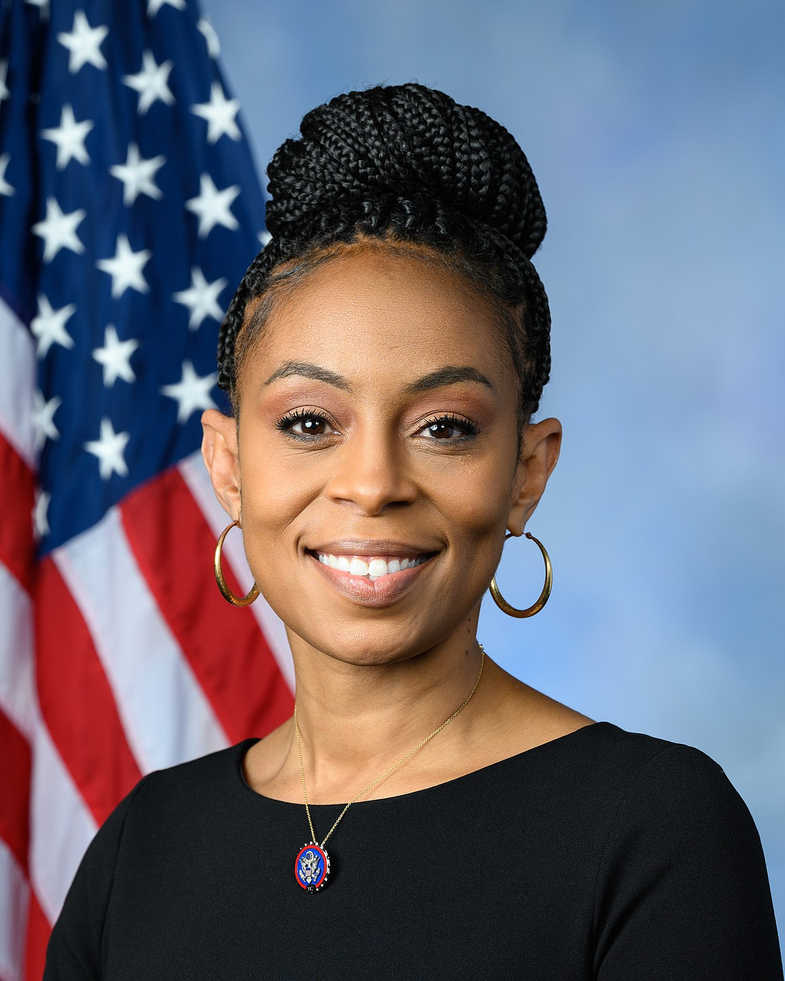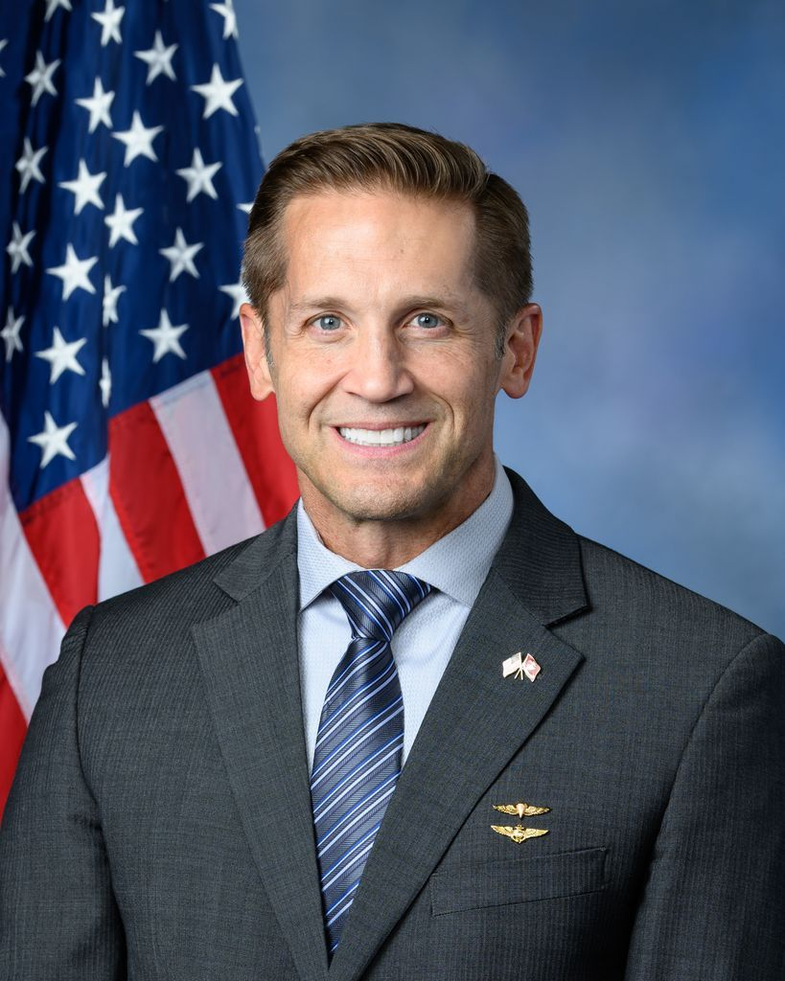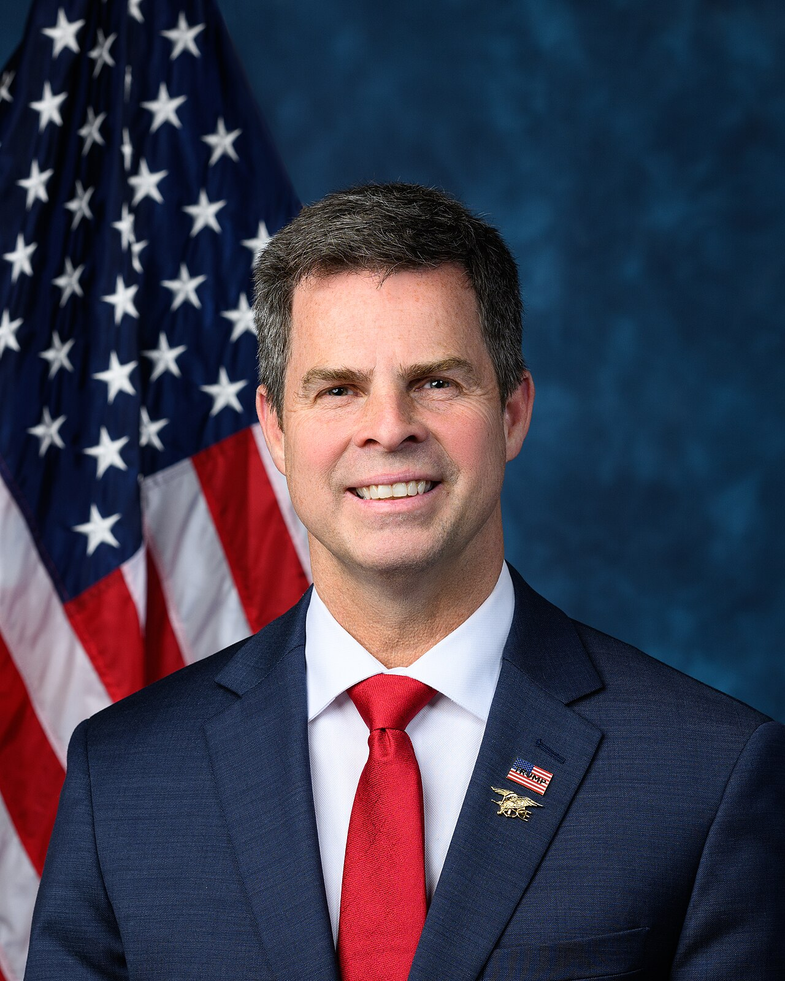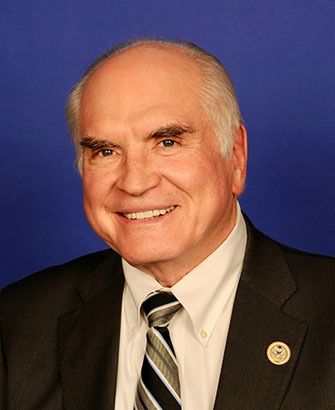H.R. 2590: Mental and Physical Health Care Comorbidities Act of 2025
This bill, known as the Mental and Physical Health Care Comorbidities Act of 2025, aims to create a demonstration program under Medicare to enhance the treatment of individuals experiencing both mental and physical health issues, particularly those living in vulnerable communities. Here are the key components of the bill:
Establishment of a Demonstration Program
The program will be conducted by the Secretary of Health and Human Services and will run from October 1, 2025, to September 30, 2030. It focuses on developing and evaluating innovative treatment strategies for individuals with coexisting mental and physical health issues. This includes addressing social factors that affect health outcomes.
Activities Under the Program
Participating hospitals will be involved in activities that include:
- Identifying and sharing effective treatment practices for individuals with both mental and physical health issues.
- Exploring potential reforms to payment systems in Medicare and Medicaid to improve the effectiveness of these treatments.
Participation Requirements for Hospitals
To participate, eligible hospitals must:
- Submit a comprehensive plan for innovative practices aimed at addressing both mental and physical health comorbidities.
- Engage in a collaborative learning initiative to share findings and best practices.
- Negotiate payment structures that may include fixed payments or risk-sharing arrangements.
- Ensure that new initiatives do not replace existing services but rather enhance them.
Collaborative Learning Environment
The program will establish a learning collaborative composed of participating hospitals and other stakeholders. This body will facilitate the sharing of information regarding effective practices and outcomes in treating individuals with comorbid conditions.
Definitions and Target Populations
The bill defines "applicable individuals" as those with coexisting mental and physical health conditions who may be Medicare or Medicaid beneficiaries or uninsured. It further categorizes "eligible hospitals" as specific rural or urban facilities with a substantial proportion of patients from vulnerable communities.
Program Evaluation
A year after the program concludes, the Secretary will submit a report evaluating its activities and outcomes. This report will assess improvements in access, quality of care, health outcomes, and reductions in overall healthcare costs, among other metrics.
Funding
Funding for the program will come from existing appropriations, allowing the Secretary to utilize allocated funds without needing additional approval for the program's implementation.
Relevant Companies
- HCA Healthcare (HCA) - As a major healthcare provider, HCA may be involved in the implementation of new care models targeted at addressing mental and physical health comorbidities, particularly in vulnerable populations.
- UnitedHealth Group (UNH) - This health insurance company could experience changes in operational protocols and payment models in relation to their Medicare and Medicaid services due to the proposed innovation strategies.
This is an AI-generated summary of the bill text. There may be mistakes.
Sponsors
2 bill sponsors
Actions
2 actions
| Date | Action |
|---|---|
| Apr. 02, 2025 | Introduced in House |
| Apr. 02, 2025 | Referred to the Committee on Energy and Commerce, and in addition to the Committee on Ways and Means, for a period to be subsequently determined by the Speaker, in each case for consideration of such provisions as fall within the jurisdiction of the committee concerned. |
Corporate Lobbying
0 companies lobbying
None found.
* Note that there can be significant delays in lobbying disclosures, and our data may be incomplete.


